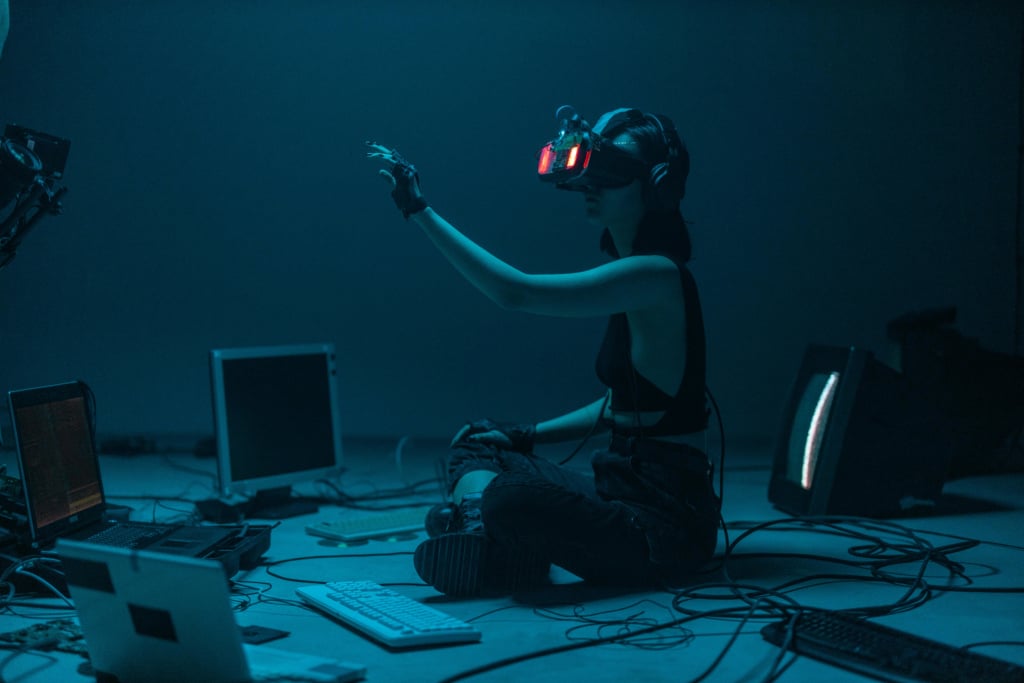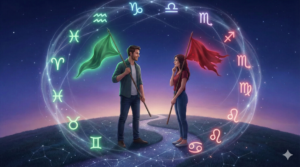Every August, Filipinos celebrate Buwan ng Wika, a month when we take pride in our national language and remember the cultural power of words. Schools hold poetry contests, students wear traditional attire, and communities reflect on the richness of the Filipino language and our many dialects.
But today, in an age where AI translators can instantly decode a foreign text, we are faced with a new question: Are these tools helping us learn languages more deeply, or are they making us skip the very beauty of the process?

Guess the Anagram
Unscramble this word:
The Good Side: How AI Helps Us Connect
There’s no denying it: AI translators like Google Translate, DeepL, ChatGPT, and Gemini have made life easier.
- Instant Access to Knowledge
Imagine being a student in Manila who needs to understand a French article for research. With AI, you can get the gist in seconds instead of flipping through dictionaries for hours. - Confidence Boost for Beginners
For someone just starting, AI can act like “training wheels.” It will help them express basic thoughts before trying to speak fluently. - Breaking Barriers for Filipinos Abroad
Overseas workers can communicate better with locals, even if they haven’t mastered the language yet. This means fewer misunderstandings and more confidence at work. - Sharing Our Culture Globally
Want to show a friend abroad the meaning of a Filipino hugot line? AI helps with translations, making our humor, poetry, and even proverbs more understandable across borders.
In short, AI makes language less intimidating and more accessible.
The Flip Side: What We Lose If We Rely Too Much
But here’s the catch: language isn’t just about meaning. It’s about feeling, rhythm, and learning the culture. And this is where AI often falls short.
- Losing Nuance and Emotion – Take the Filipino phrase bahala na. Translation might simply say, “come what may.” But it carries bravery, faith, and a touch of fatalism for us. That richness? It doesn’t survive in machine translation.
- Risk of Laziness- Some learners skip the challenge of actually studying. But the truth is, the absolute joy of learning is in the mistakes, the “aha!” moments, and even the struggles.
- Accuracy Problems – AI still gets idioms, jokes, and technical contexts wrong. If we translate this Filipino phrase “nasa Diyos ang awa, nasa tao ang gawa” quite literally. It loses its wisdom and cultural punch.
- Cultural Detachment – If we depend too much on AI, languages risk becoming “just tools” instead of living reflections of identity and history. And for Filipinos, who celebrate over 180+ languages and dialects, we can’t afford to lose that.
A Reflection as a Filipino
For Filipinos, Buwan ng Wika is not just about celebrating the Filipino language. It’s also about honoring all our languages and recognizing that each carries history and heart.
In the same way, AI translators should not be viewed as replacements for learning but as companions. They can give us confidence and access but cannot replace the patience of studying a poem line by line or the joy of finally understanding a joke in another language.
Thoughts
So, do AI translators help or hurt? Perhaps a little of both. They help by opening doors, but we hurt if we allow them to replace the journey.
As we celebrate Buwan ng Wika, remember that languages are not just about communication. They are about the connection between people, generations, and identities.
AI can guide us, but it cannot feel for us. It can decode, but it cannot dream. Ultimately, the true beauty of learning a language is its convenience and capacity to change us.




